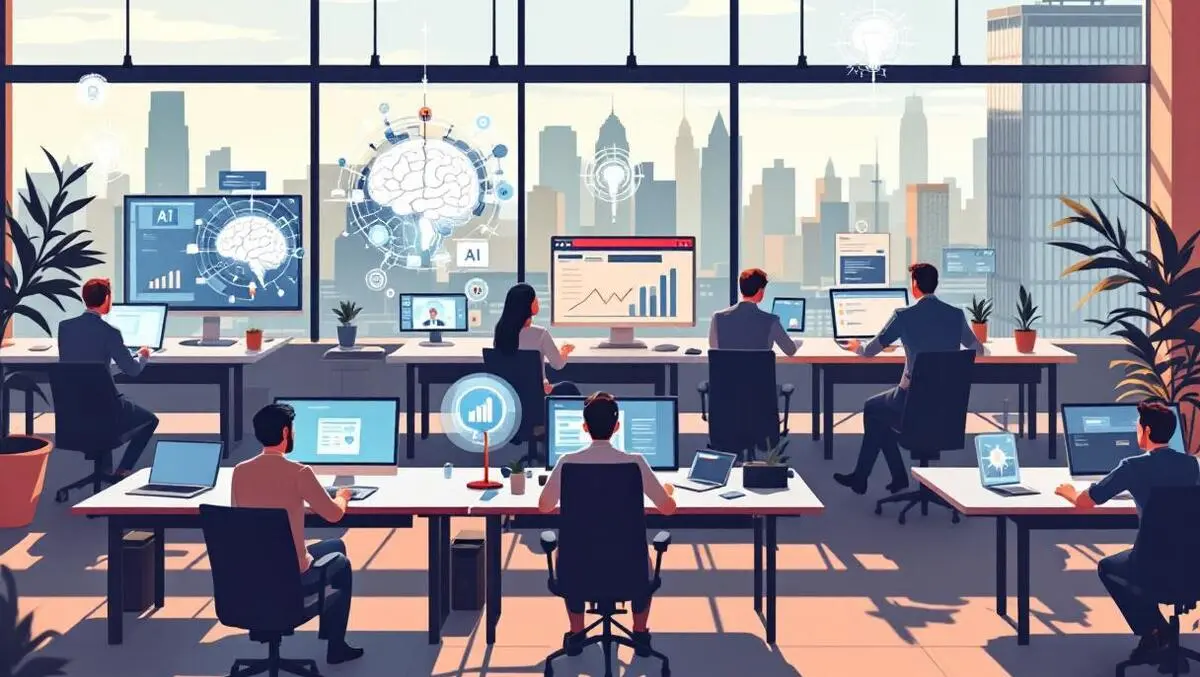How Upskilling and Flexibility Are Reducing HR Turnover

Australia’s HR landscape has undergone a notable shift over the past year, with a renewed focus on retention, upskilling, and the employee experience. A reduction in turnover has been observed in many organisations, driven by proactive strategies that prioritise support, development, and wellbeing. This has been particularly evident in sectors facing increased legal and compliance obligations, prompting investment in basic management training and internal mobility initiatives.
Workforce demographics and generational shifts are reshaping HR strategies, with a move away from one-size-fits-all approaches. Employers are increasingly adopting technology to improve employee experience, replacing manual processes with scalable, user-friendly systems. In parallel, the role of HR is being recalibrated to show tangible business impact, with growing emphasis on quantifiable outcomes and return on investment.
Skills-based hiring is gaining traction, helping employers access more diverse talent pools by de-emphasising formal qualifications. Meanwhile, the pressure of psychosocial safety obligations has led many organisations to rethink team structures and internal triage processes to provide better support for staff. These overlapping responsibilities between HR and safety functions have become a central concern for workforce design.
In terms of remuneration, salary expectations are rising modestly, with many workers anticipating increases slightly above inflation. The Fair Work Commission’s recent 3.5% minimum wage increase reflects this trend. However, the growing demand is not limited to base pay—employees now expect holistic support through flexible work, career development, and financial wellbeing benefits.
“I think salary expectations are rising, sometimes modestly, sometimes more.”
Leanne Lazarus, Specialist Recruitment Manager at people2people, sat down with Adeline Rooney, Chief People Officer at Cancer Council Queensland, to explore the challenges and innovations shaping human resources today.
Rooney began by highlighting a key success: “We’ve seen a fairly significant reduction in turnover in the last twelve months.” This improvement is attributed to targeted investments in management skills and clearer support frameworks. “Giving HR teams the confidence so they’re equipped to manage day-to-day people matters has been really key,” she said, adding that this, in turn, has improved workplace confidence and cohesion.
Employee experience was another major focus. “It’s not just about base salary… creating robust frameworks around flexible work, wellbeing programs, and support has been really key,” Rooney stated. These holistic strategies have allowed the organisation to enhance internal mobility and upskill staff for long-term development.
Rooney also discussed demographic changes: “Generational shifts in the workforce… challenge us to rethink how we’re engaging people.” As expectations diversify, HR must abandon uniform strategies in favour of more adaptive and inclusive models. One emerging tool in this transition is technology, used not only to streamline processes but to enable a more personalised employee journey. “We’re really needing to upgrade our systems… to improve employee experience,” she noted.
A standout shift is the move toward skills-based hiring. “Qualifications… will become less and less important,” Rooney explained. This adjustment is opening the door to wider talent pools and helping redefine traditional recruitment standards.
Another major challenge has been adapting to new legal and compliance standards, particularly those involving psychosocial safety. “We really need to think through how we triage those things… so we can appropriately support people back to work,” she said. The increasing overlap between HR and safety responsibilities has driven internal restructuring to ensure effective support systems are in place.
On salary expectations, Rooney observed rising demands, particularly in light of inflation and ongoing cost-of-living pressures. “Workers are seeing increases just above inflation,” she said, referencing the recent 3.5% increase in Australia’s minimum wage. But she was quick to point out that compensation expectations extend beyond money: “There’s also growing expectations that employers also offer more total rewards… support, financial wellbeing, flexibility, and career growth.”
Overall, Rooney painted a picture of a profession in transition—moving towards holistic, measurable, and adaptable models to meet the evolving needs of modern workforces.
Practical Takeaways for HR Leaders in Australia
- Invest in training and support for managers to increase retention and build team confidence.
- Embrace skills-based hiring to access more diverse and capable talent pools.
- Upgrade HR systems to remove manual inefficiencies and improve the employee journey.
- Redesign team structures to better manage compliance obligations and employee wellbeing.
- Offer total rewards packages that go beyond salary to include flexibility, development, and financial support.
Grow your career and teams with people2people
In business since 2005 in Australia, NZ, and the United Kingdom, people2people is an award-winning recruitment agency with people at our heart. With over 12 offices, we specialise in accounting and finance, business support, education, executive, government, HR, legal, marketing and digital, property, sales, supply chain, and technology sectors. As the proud recipients of the 2025 RCSA and SEEK Outstanding Large Agency Awards, we are dedicated to helping businesses achieve success through a people-first approach.
Recent articles
Latest PR features
Copyright 2026, people2people Recruitment








